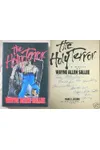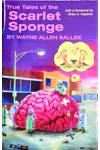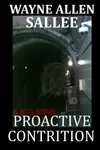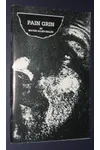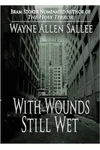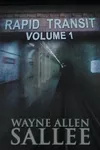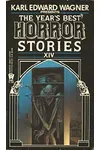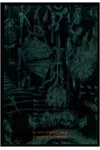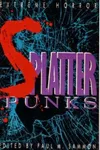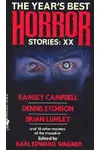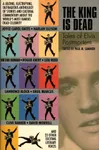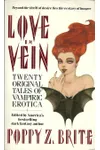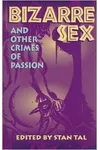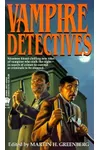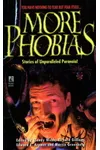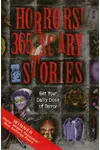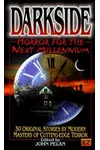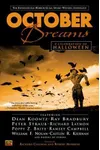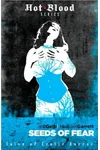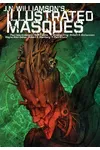Picture a Chicago storyteller who weaves gritty, haunting tales that linger like a shadow in a dark alley—meet Wayne Allen Sallee! Born in 1959, this horror and crime fiction maestro has captivated readers with his raw, visceral narratives. Despite surviving being hit by a car and a bus, and battling chronic illness, Sallee's resilience fuels his unique voice, earning him five Bram Stoker Award nominations.
From his novel The Holy Terror to his short story collections like Rapid Transit, Sallee's work dives deep into the human condition, blending terror with humanity. His correspondence with serial killer John Wayne Gacy adds a chilling layer to his legacy, making him a fascinating figure in horror fiction.
The Making of Wayne Allen Sallee
Born and raised in Chicago, Wayne Allen Sallee grew up in a city pulsing with grit and character, which became the backdrop for his stories. His early life was marked by physical challenges, including accidents that left lasting impacts. Yet, these hardships shaped his perspective, infusing his writing with authenticity and empathy. Sallee began crafting horror and crime tales in the 1980s, drawing inspiration from Chicago’s underbelly and literary giants like Nelson Algren.
His first published story, 'Rapid Transit,' hit the scene in 1985, earning reprints in multiple languages and cementing his place in horror anthologies. Sallee's determination to write through pain—both physical and emotional—set him apart as a voice unafraid to explore the darker corners of existence.
Wayne Allen Sallee’s Unforgettable Stories
Sallee’s debut novel, The Holy Terror (1992), is a chilling Chicago-based tale of serial killer Frank Haid, dubbed the Painkiller, who targets the disabled. The story follows residents of Marclinn, a home for the handicapped, led by Evan Shustak, a flawed hero who declares himself 'Crippled and insane, I am the American Dream!' Critics praised its raw intensity, comparing Sallee’s characters to Flannery O’Connor’s vivid creations.
His short story collections, like With Wounds Still Wet (1996), a Bram Stoker-nominated work, showcase his knack for visceral, street-level terror. Stories such as 'Lover Doll' and 'Rail Rider' blend horror with dark humor, earning spots in prestigious anthologies like The Year’s Best Horror Stories. Rapid Transit: Volume 1 (2017) compiles decades of his work, highlighting tales like 'The Scarlet Sponge' that capture Chicago’s decaying soul. Sallee’s style—gritty, surreal, and deeply human—makes his stories both unsettling and unforgettable.
His memoir, Proactive Contrition, offers a personal glimpse into his struggles and triumphs, revealing the heart behind his horror. Whether crafting novellas or poems like Pain Grin, Sallee’s work resonates with readers who crave authentic, unflinching narratives.
Why Wayne Allen Sallee Matters
Wayne Allen Sallee’s impact lies in his ability to humanize the marginalized, from Chicago’s downtrodden to the physically challenged. His stories don’t just scare; they challenge readers to see the humanity in the grotesque. His influence spans horror and crime fiction, with works translated into six languages and featured in over 175 anthologies. Sallee’s correspondence with John Wayne Gacy, though controversial, underscores his fearless exploration of darkness, informing his nuanced portrayals of villains and victims.
As a cult favorite, Sallee’s legacy endures through fans who cherish his unflinching honesty and Chicago-rooted storytelling. His resilience inspires aspiring writers, proving that adversity can fuel art that resonates across generations.
- Born: 1959, Chicago, Illinois
- Key Works: The Holy Terror, With Wounds Still Wet, Rapid Transit, Proactive Contrition
- Awards: Five-time Bram Stoker Award finalist
- Notable Fact: Corresponded with serial killer John Wayne Gacy for research
Snag The Holy Terror or Rapid Transit and dive into Wayne Allen Sallee’s thrilling, gritty world of horror!
